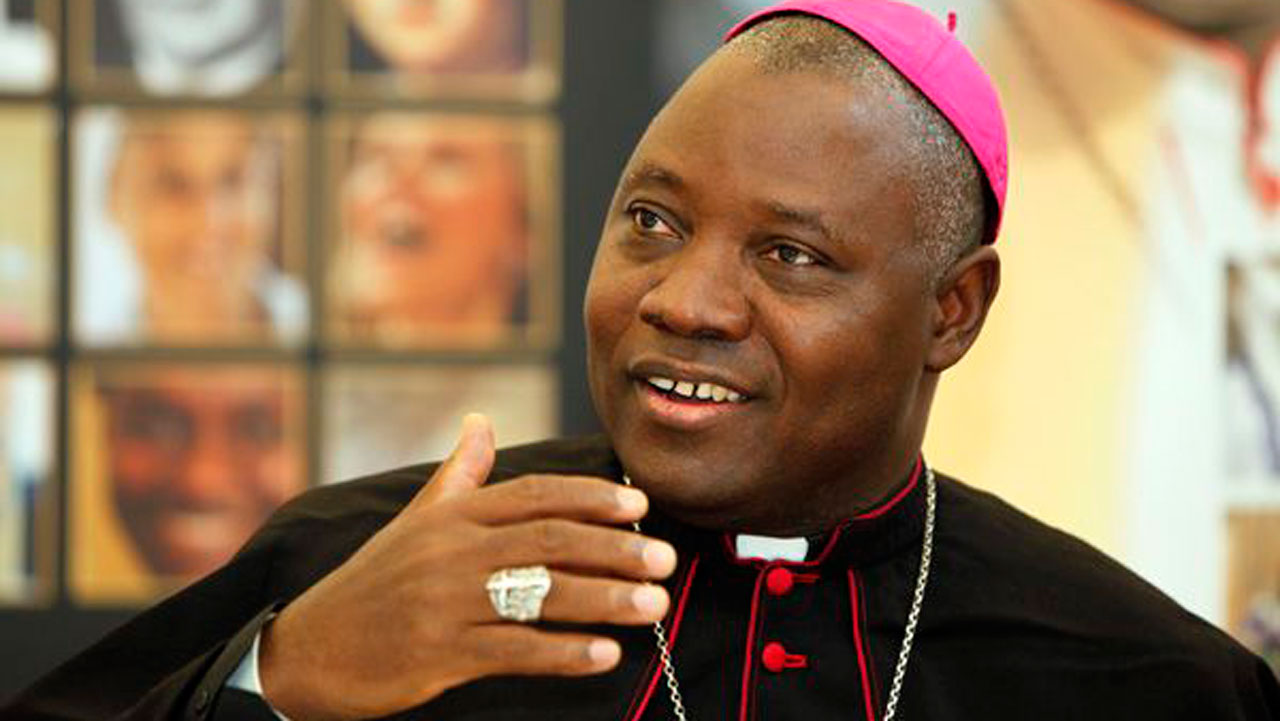
Catholic Archbishop of Abuja, Rev. Ignatius Kaigama, Conference of Nigeria Political Parties (CNPP) and a lecturer with the University of Port Harcourt, Prof. Sofiri Peterside, have canvassed improved democracy and positive change in the country’s polity.
Kaigama cautioned against suppressing the voice of agitated youths clamoring for positive change during the Democracy Day celebration at the weekend, insisting that scaring them away was not the solution to Nigeria’s problems, but responding positively and creatively to their reasonable demands
Noting that with its many challenges, Nigeria may be failing, but has not failed, he stressed the need to build patriotic hearts, structures and institutions and rise above hatred, stereotyping, sectional interests, as well as bigotry, divisive and manipulative tendencies.
“Our prayers should be that Nigeria will mature beyond the polarisation based on religion and tribe, so as to be a shining light of social integration for Africa,” he said.
BESIDES, the CNPP has urged the All Progressives Congress (APC) to stop circumventing democratic norms and allow the nation’s democracy to thrive.
In a statement issued to commemorate June 12 by its Secretary General, Chief Willy Ezugwu, the group said June 12 would continue to remain relevant in Nigeria’s political discourse, but warned that anti-democratic forces have continued to gain access to power under the guise of June 12 supporters.
“The APC-led government has carried on theoretically in the last six years as pro-June 12 and all that the June 12, 1993 presidential election represented, especially by declaring it Democracy Day, but in practice, it has exhibited anti-democratic tendencies, either through oversight or consciously,” the statement reads.
MEANWHILE, Peterside, who teaches at the Department of Sociology, University of Port Harcourt, has attributed the current happenings in Nigeria to frustrations of the citizens.
Peterside, who is also a researcher and political analyst, in an interview with The Guardian, lamented that Nigerians have been frustrated for a long time due to bad leadership, which was exacerbated by the COVID-19 pandemic and near collapse of the economy.
“Undoubtedly, the country is in serious decline. There is deep-rooted anger among the citizens. For instance, in some regions, they have assumed ethnic dimensions.
In the South East, what started as a small protest by the Indigenous People of Biafra (IPOB) and the Eastern Security Network (ESN) supposedly to address security challenges and Ebube Agu have shown that all is not well in the region,” he stated.



